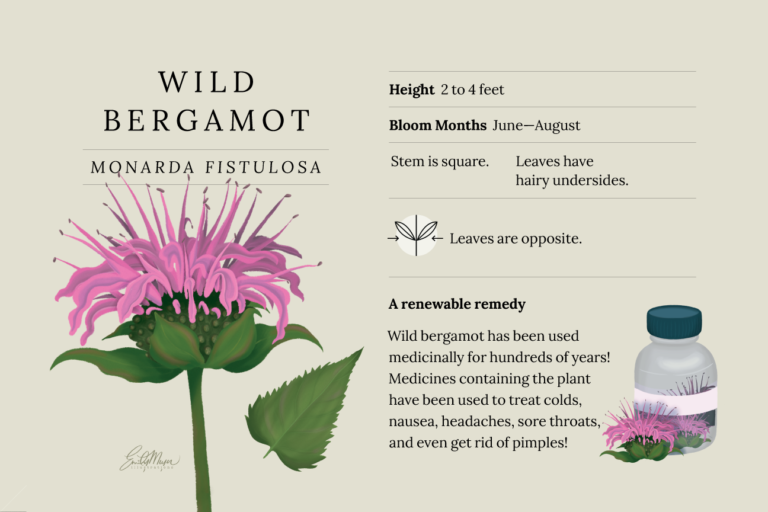Bergamot: The Citrus Gem with Surprising Health Benefits and Uses
Snippet: Discover the versatile bergamot fruit, its various names, health benefits, and potential side effects. Learn how this aromatic citrus can enhance your well-being and culinary experiences. Keywords: bergamot, citrus fruit, health benefits, essential oil, cholesterol reduction
The Many Names of Bergamot
Bergamot, scientifically known as Citrus bergamia, goes by several names depending on the context and region. In the plant world, it’s often confused with other species that share similar aromatic properties:
- Bergamot orange
- Oswego tea
- Wild bergamot
- Bee balm
- Bergamot mint
It’s important to note that while these plants may share the name “bergamot,” they are distinct species with different characteristics and uses.
Introduction to Bergamot
Bergamot is a citrus fruit primarily grown in the Calabria region of southern Italy. Its claim to fame comes from its essential oil, which is extracted from the peel and widely used in perfumery and flavoring. Most people are familiar with bergamot as the distinctive flavor in Earl Grey tea.The fruit itself is roughly the size of an orange but with a more yellowish-green color when ripe. Its peel is thick and bumpy, containing the prized essential oil that gives bergamot its characteristic aroma and flavor.
Uses of Bergamot
Bergamot has a wide range of applications:
- Culinary: Used to flavor Earl Grey tea and various confections
- Aromatherapy: The essential oil is used in diffusers and massage oils
- Perfumery: A key ingredient in many fragrances
- Medicine: Extracts are used in supplements for various health purposes
- Skincare: Found in some cosmetic products
Health Benefits of Bergamot
Research has shown several potential health benefits: Cardiovascular Health: Studies suggest that bergamot extract may help:
- Reduce overall cholesterol levels
- Decrease “bad” LDL cholesterol
- Increase “good” HDL cholesterol
Mental Wellness:
- Potential mood enhancement
- Stress reduction
- Anxiety management
Additional Health Advantages:
- Antimicrobial properties
- Potential anti-inflammatory effects
- Support for digestive health
Potential Risks and Side Effects
While bergamot offers numerous benefits, it’s crucial to be aware of potential drawbacks:
Photosensitivity Risks:
- Increased skin sensitivity to sunlight
- Higher risk of sunburn
- Potential skin irritation
Potential Interactions:
- May interact with certain medications
- Possible complications with diabetes drugs
- Potential interference with statin medications
Possible Side Effects:
- Allergic reactions
- Muscle cramps
- Skin irritation
- Digestive discomfort
Recommended Usage
Consumption Guidelines:
- Start with small quantities
- Consult healthcare professionals
- Monitor individual reactions
- Avoid excessive consumption
Recommended Formats:
- Essential oil
- Tea
- Dietary supplements
- Culinary preparations
Conclusion
Bergamot represents a fascinating citrus fruit with multifaceted applications. From its aromatic presence in perfumes to potential health benefits, it continues to intrigue researchers and consumers. However, responsible and informed usage remains paramount. Always approach bergamot consumption with careful consideration, understanding individual health conditions and potential interactions. When used mindfully, bergamot can be a delightful and potentially beneficial addition to your lifestyle.



